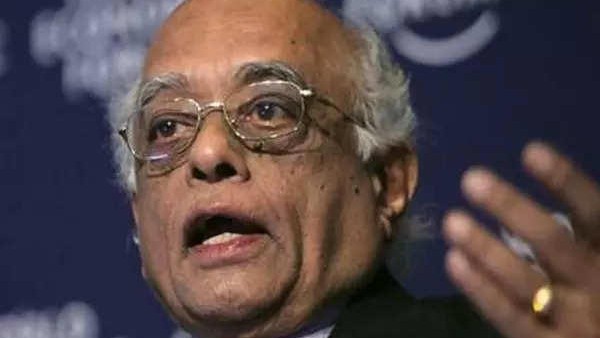Indore (Madhya Pradesh): RRCAT paid tribute to Dr Rajagopala Chidambaram an eminent physicist and one of India’s most distinguished scientists who died, this morning (4 January 2025) at 3:20 AM. He contributed in expansion of RRCAT’s research portfolio in several fields.
Paying tribute to Dr Chidambaram, Unmesh D Malshe, director RRCAT, highlighted his significant contributions, stating, ‘Dr Chidambaram’s leadership fostered an environment of innovation and excellence. Under his guidance, RRCAT expanded its research portfolio in the domain of laser technology, plasma physics, and advanced materials, aligning with the evolving needs of the nation.
Dr Chidambaram’s legacy continues to inspire the scientific community at RRCAT to strive for excellence and contribute to the nation’s progress.’ Dr Chidambaram will be remembered as a trailblazer, an inspirational leader, and a dedicated mentor to countless scientists and engineers.
His life’s work has propelled India to the forefront of global science and technology, and his legacy will continue to inspire generations. The nation mourns the loss of a true visionary. Our heartfelt condolences go out to his family and loved ones during this time of grief, said RRCAT officials.
Doyen of India’s nuclear programme
A Padma Shri (1975) and Padma Vibushan (1999) awardee, Chidmbaram was a key player in both of India’s atomic explosions at Pokhran in 1974 (Smiling Buddha) and 1998 ( Operation Shakti). He was appointed the director of the Bhabha Atomic Research Centre (BARC) in 1990and chairman of the Atomic Energy Commission from 1993 to 2000. Later he served as the longest serving principal scientific advisor to the Indian government till 2018.
